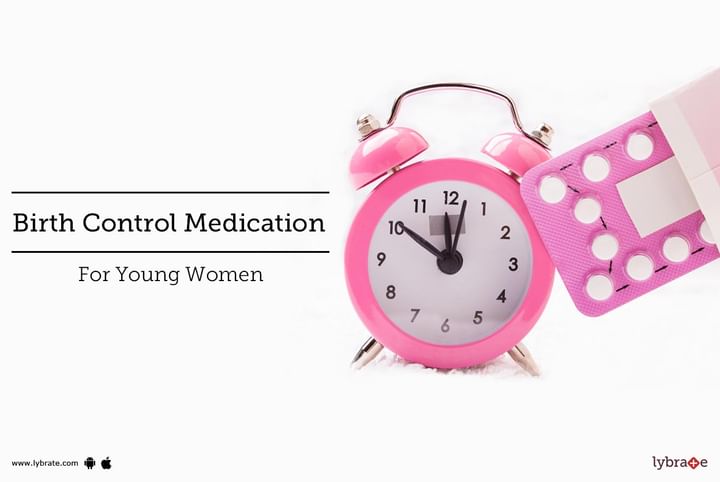Birth Control Medication for Young Women
Birth control pills commonly known as hormonal pills, oral contraceptive pills, or just pill's are an effective female hormonal birth controlling pill. Young women and adolescent girls are very frequently prescribed birth control pills for heavy or irregular menstrual flow, acne, PMS, hormone therapy, menstrual cramps. In Polycystic Ovary Syndrome (PCOS), which causes irregular menstrual flow due to hormonal changes, often birth control pills are given to lower the hormones and bring them within normal range. This also regulates the menstrual flow. Often adolescent girls who do not respond to acne treatment are prescribed hormonal pills. Also, these are given to girls who have endometriosis, irregular periods, and genetic conditions like Turner's syndrome.
Concerns associated with pills:
1) Do the Pills have any health benefits: Yes, it has benefits like treatment of PCOS, acne, regulates menstrual flow, decreases cramps, and lowers the risk of cancers and anemia (know more about anemia affect on health).
2) What are the side effects of the pill: Mostly it has no major problem as such. Pills containing estrogen might increase the risk of developing clots in eyes, lungs, and legs. If a woman complains of ACHES then she should be taken to the emergency.
A Abdominal pain
C Chest pain
H Headache along with dizziness and weakness
E Eye problems along with problems in speech
S Severe pain in the thigh or calf
3) Is there a risk of developing stroke or heart attacks while using the pill: A healthy woman who does not smoke and is on pills does not have any risk of getting a stroke or a heart attack. Smoking should be avoided when birth control pills have been prescribed.
4) Are there chances of getting cancer: Taking birth control pills actually protects the woman against ovarian and uterus cancer. Some experts also feel that the pill also reduces the chances of breast cancer.
5) Does the pill cause blood clots: Yes, there is little risk of developing clots in the legs. In adolescent girls the risk of forming clots is 5-50 per 100,000 every year. In pregnant women the risk is 4.3-10 folds more than those who do not use the pill.
6) Does the pill cause birth defects: The pill has not been associated with any birth defects and also does not harm the health of the child.
7) How does the pill help in irregular menstrual flow and acne:
In case of irregular menstruation the pill helps by regulating the menstrual cycle to every 28 days. It also helps to reduce the amount and the length of the menstruation.
The hormones present in the pill help to stop the acne. OTC or prescribed drugs can be taken for moderate to severe acne.



+1.svg)
